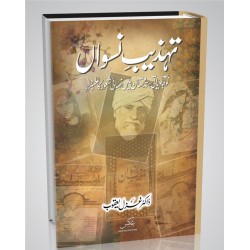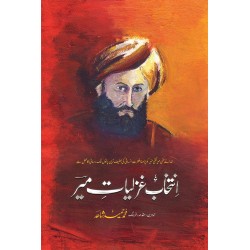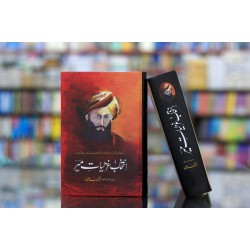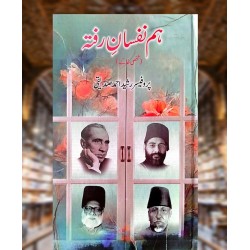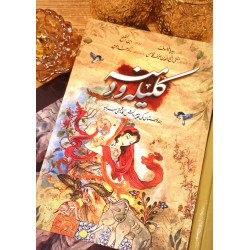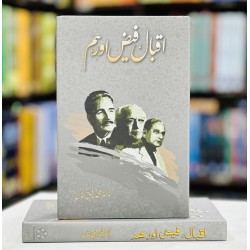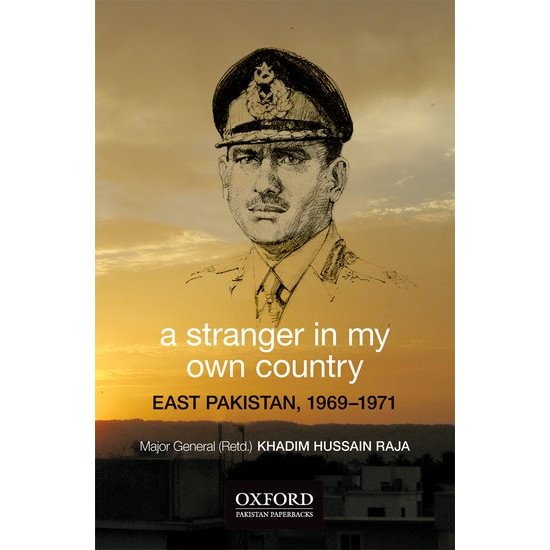
- Writer: Major General (Retd.) Khadim Hussain Raja
- Category: English
- Pages: 156
- Stock: In Stock
- Model: STP-11526
- ISBN: 978-0-19-070423-0
The 1971 East Pakistan tragedy was not just a failure of the military but also a collapse of civil society in the West Wing. The few voices raised against the military action were too feeble to make the army change its course, a course that lead to military defeat and the break-up of the country. At the time, the author was GOC 14 Division in East Pakistan. Apart from his direct narration of the events, his portrayal of the major dramatis personae, such as Field Marshal Ayub Khan, General Yahya Khan, Lt. Gen. Tikka Khan and Lt. Gen. A.A.K. Niazi, are insightful. A necessary text that demands scrutiny from all interested in the course of Pakistan's history.
Table Of Contents:
Introduction by Muhammad Reza Kazimi
1 The Brewing Storm
2 Prelude to the 1970 Elections
3 The Rising Sun of the Awami League
4 The Devastating Cyclone of November 1970
5 A No-Win Situation
6 The Crisis Deepens
7 Lt. Gen. Tikka Khan in Action
8 Operation Searchlight
9 Last Words
Annexure A: Extract of Article by Rehman Sobhan, South Asian Review, London, July 1971
Annexure B: Operational Details of 'Operation Searchlight'
Annexure C: Recommendations Regarding Military Operations, 11 April 1971
Khadim Hussain Raja (1922–1999) was born at Haranpur, District Jhelum.
He graduated, with Honours in English, from Government College, Lahore.
In 1942, he joined the British Indian Army and received the King’s
Commission from the IMA, Dehra Dun. He served in the Burma Theatre till
the end of the Second World War and later opted for a career in the
Pakistan Army. During 1947–8, he volunteered and saw action in Kashmir.
He graduated from the Staff College, Quetta, and later from the US Army
Command and General Staff College, Fort Leavenworth. He had the
distinction of serving on the faculty of Command and Staff College,
Quetta, twice. Later, he commanded the First Pakistan Battalion
(Quaid-i-Azam’s own) at the PMA, Kakul, and rose to the rank of Major
General. Before retirement from active duty, he served as DG Artillery
at the GHQ. In 1972, he was appointed to raise and organize the Army
Welfare Trust as its founding Managing Director and served this
organization for five years before his retirement. Later, he was
appointed Ambassador of Pakistan in Mozambique and was also accredited
to Angola, Swaziland, and Lesotho.
| Book Attributes | |
| Pages | 156 |
